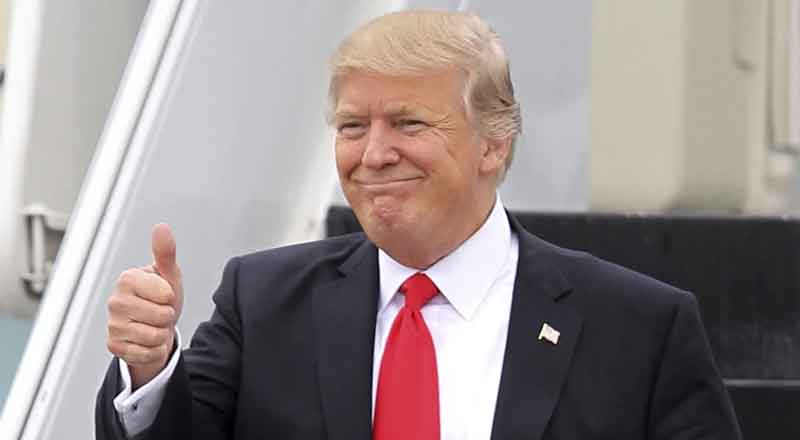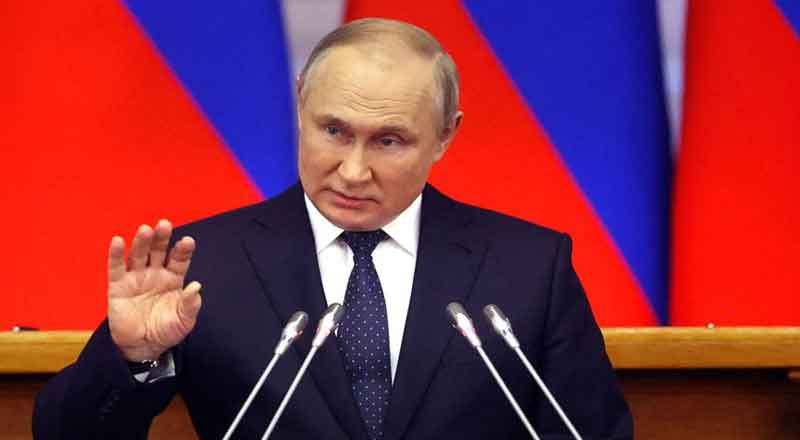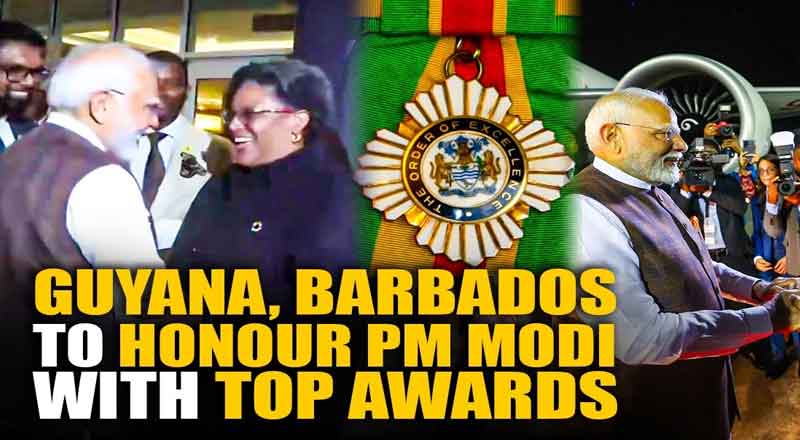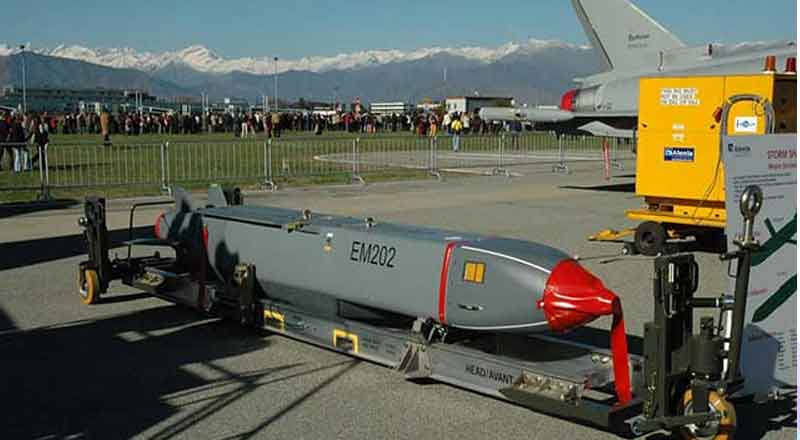A Global Shift Under Trump’s Return
With Donald Trump set for a second term as President, the world anticipates shifts in international diplomacy. Known for his unconventional approaches, Trump has developed unique relationships with several global leaders, often blending personal rapport with policies that sometimes break from traditional US positions. His return promises renewed challenges and, potentially, upheavals in ongoing global issues. From the war in Ukraine to the US-China rivalry, Trump’s rapport with foreign leaders could reshape the global stage.
Trump and Vladimir Putin: A Complex Alliance
Among Trump’s foreign relationships, his connection with Russian President Vladimir Putin remains one of the most scrutinized. Trump has often expressed admiration for Putin, referring to him as “savvy” and “genius,” even as he imposed sanctions on Russia during his first term. With Trump back in office, his approach to the ongoing Ukraine conflict could be consequential. He has confidently claimed he would end the war “within 24 hours” by brokering a deal between Putin and Ukrainian President Volodymyr Zelenskyy. Many speculate this deal might involve concessions to Russia, a move that could significantly alter US-NATO alliances and test the US commitment to Ukraine.
Trump and Xi Jinping: Personal Praise Amidst Policy Tensions
Trump’s relationship with Chinese President Xi Jinping reflects a similar duality: while he often praises Xi’s leadership, his administration labeled China a “strategic threat” for the first time. Trump’s trade war with China led to high tariffs on Chinese imports, and he has indicated he would continue this approach, particularly as the two superpowers vie for technological dominance. Although he professes a personal fondness for Xi, a second Trump term could see intensification in trade and technology policies aimed at countering China, especially as tensions remain over Taiwan and the South China Sea.
Trump and Benjamin Netanyahu: Support and Setbacks
Israel’s former Prime Minister Benjamin Netanyahu shared a close alliance with Trump during his first term, with the US backing key Israeli policies, such as moving the US Embassy to Jerusalem and recognizing the Golan Heights as Israeli territory. However, relations cooled after Netanyahu congratulated Joe Biden on his 2020 election win, which Trump disputed. The two leaders have since made efforts to repair their relationship. In a second term, Trump’s support for Israel could remain firm, with potential to impact Middle East dynamics, especially given recent conflicts involving Israel and Palestinian territories.
Trump and Mohammed bin Salman: Strengthening Saudi Ties
Trump’s relationship with Saudi Crown Prince Mohammed bin Salman (MBS) could further strengthen under a new term. During his first presidency, Trump opted for close ties with MBS despite criticisms over Saudi human rights issues, including the murder of journalist Jamal Khashoggi. Trump’s open admiration for MBS, calling him a “visionary,” could lead to even stronger US-Saudi relations, likely focusing on military cooperation and energy policies. This bond may counterbalance China’s growing presence in the Middle East, as well as Iran’s influence, which has been a point of contention for both the US and Saudi Arabia.
Trump’s Approach to NATO and the United Nations
Trump’s potential approach to NATO and other international organizations could also prove controversial. He has often criticized NATO, calling out member countries for not contributing their fair share and indicating the US should not bear the financial burden alone. A second term could see renewed pressure on NATO allies, which could affect the alliance’s operations, particularly in Eastern Europe. His critical stance toward the United Nations, an institution he has described as inefficient, may lead to reduced US support for international peacekeeping and development efforts.
Preparing for an Unpredictable Global Landscape
A second Trump presidency could alter diplomatic strategies worldwide, given his known alliances and individualistic policy approach. His relationships with leaders like Putin, Xi, Netanyahu, and MBS suggest a focus on personal diplomacy that may sometimes bypass traditional policy constraints. As Trump returns to the White House, nations worldwide will watch closely, preparing for both the challenges and potential shifts his leadership could bring. For allies and rivals alike, Trump’s return signals an era of international relations defined by unpredictability and transformation.
(With inputs from agencies)





